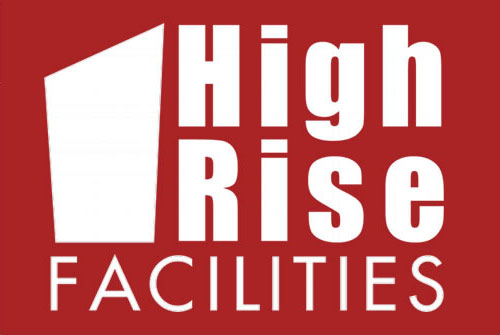Several law firms have banded together to file a class action lawsuit on behalf of two Miami high-rise condo associations, including the Wind Condominiums at 350 S. Miami Ave., concerning defective fire sprinkler systems. Image: Wind Condominiums
Several law firms have banded together to file a class action lawsuit in U.S. District Court in Miami on behalf of two Miami condominium associations concerning defective fire sprinkler systems and an alleged national cover up over a life safety issue in multi-unit condominiums in Florida and across the country.
The attorneys believe that the problem is nationwide and that monetary damages arising from the claims will exceed $1 billion. The 56-count lawsuit filed against a dozen manufacturers, suppliers and distributors seeks compensatory, incidental and consequential damages.
According to the complaint, fire sprinkler systems containing CPVC (Chlorinated Polyvinal Chloride) pipes are incompatible with an array of basic construction products and unsuitable for use in fire sprinkler systems. The resin used in the CPVC pipe breaks down when exposed to common construction materials like antimicrobial or, anticorrosion chemicals, pesticides, termiticides, joint compounds, cutting oils, fire retardation materials, and other products. The metal pipes that are joined to the CPVC pipes typically contained these antimicrobials and anticorrosion chemicals.
The corrosion and breakdown of the pipes causes leaks, cracks and blow-outs in CPVC sprinkler systems, depressurizing and rendering the systems unavailable for fire suppression, giving rise to the potential for loss of life, injuries and property damage.
According to the attorneys, buildings that were constructed from 2004 – ‘09 are primarily at risk, particularly if they used a hybrid system of CPVC and metal pipes containing the antimicrobial/corrosion chemicals.
The Miami condominium associations named as the lead plaintiffs in the class action lawsuit are those of the Wind Condominium at 350 S. Miami Ave., a 41-story, 489-unit building constructed in 2008; and Latitude on the River at 185 Southwest 7th St., a 44-story, 454-unit project completed in 2011.
“The defective fire sprinkler systems found in many condominium buildings used incompatible materials in the fire sprinkler pipes that resulted or will result in leaking,

